
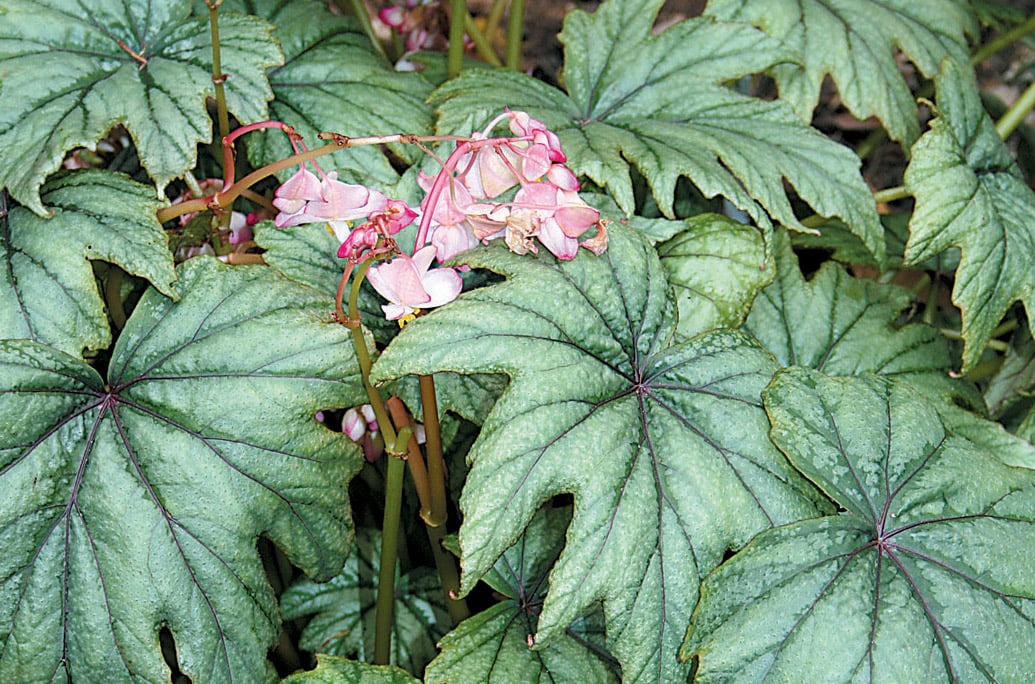
Contributor
- Topics: Archive, Plants You Need
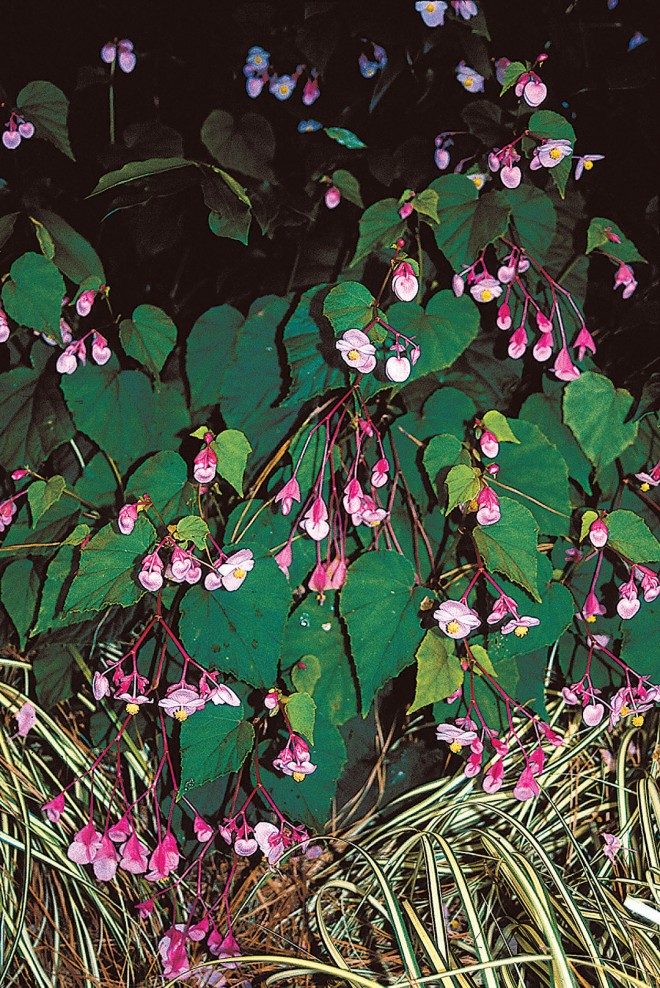
In my younger days, I considered begonias to be plants that only my grandmother fussed over. I did find them attractive, but they never really sparked any botanical interest. They evoked images of old ladies sewing quilts and fawning over these frilly little plants. What a misconception—not only of elderly women, but also of the genus Begonia, many of whose members are strong and durable, delightful in their variety, and quite at home outdoors in areas that had traditionally been considered inhospitable. Their memorable attributes today are the result of more than a century of hybridization and selection—good breeding, you might say. Lately, I’ve been experimenting with some of the newer, hardier selections of begonia in my Sacramento garden (USDA zone 9, Sunset zone 14).
The American Begonia Society has broken down Begonia into several horticultural categories. While not based on clear scientific criteria, the categories do make it easier to separate the plants according to similar growth habits and cultural requirements. The groups in which I have found some of the hardiest selections for my garden are: semperflorens, tuberous, rhizomatous (including rex), shrub-like, and cane-like.
Semperflorens
Most familiar to gardeners is the common wax begonia (Begonia x Semperflorens-Cultorum hybrids) used extensively for bedding around the world. These have a complex history, derived from a closely related group of South American species, including B. cucullata and B. fischeri, and have shown some cold hardiness in USDA zones 8-10 (Sunset zones 14-24), and perhaps colder. One cultivar that has found its way into cultivation recently is ‘Barbara Rogers’. This outstanding hybrid was discovered by begonia hunter Rekha Morris, at the home of Barbara Rogers. ‘Barbara Rogers’ is the Incredible Hulk of the semperflorens group, as it will grow into a massive clump nearly five feet tall and will adorn itself in large white flowers all season long in USDA zones 7-9. Said to be sterile, it is highly unlikely to distribute any seedlings about the garden.
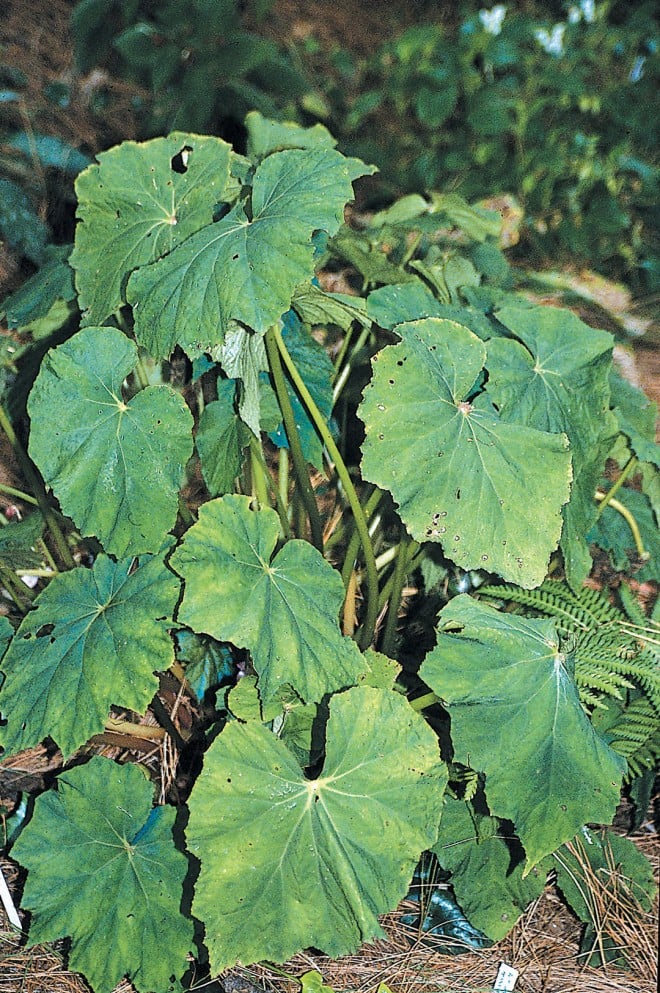
Tuberous
The hardiest begonia, by far, is the tuberous Begonia grandis (USDA zones 6-10; Sunset zones 3-24) from China and Japan. Several clones are now in cultivation. The typical form has large round leaves with a pale green reverse, or with red veins, and pale pink or white flowers. One collected by Dan Hinkley, named ‘Heron’s Pirouette’, has especially large pink flower clusters. ‘Sapporo’ has typical green leaves with a solid, deep burgundy reverse, while ‘Pink Parasol’ has pink flowers that dangle high above the leaves. All of these selections come up in spring from a dormant tuber and flower in late summer. As winter approaches, small tubers or bulbils develop at each leaf axis; these drop and will sprout the following year, in time resulting in a lovely patch of begonias.
Begonia boliviensis is a tuberous species that has been making its rounds in the garden catalogs. It emerges in the spring and will drape itself in long-petaled, flaming orange flowers. It is said to be hardy to USDA zone 7, but only for those areas with dry winters, as it quickly rots in cold wet soil; there, it is best dug up after it has become dormant and stored like a dahlia.
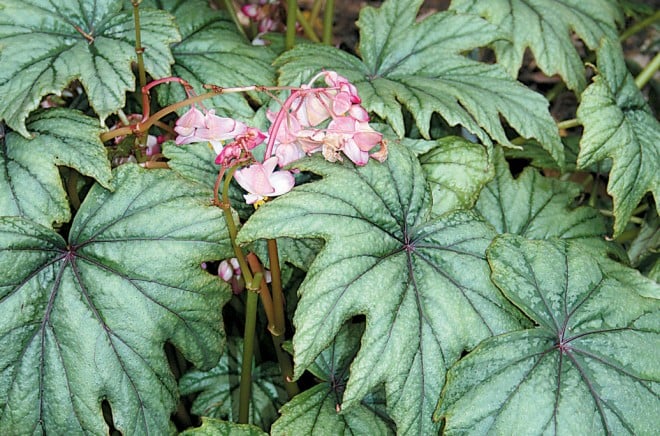
Rhizomatous
The recently introduced Begonia emeiensis (USDA zones 7-10), from Mount Emei in China, shares a similar mode of reproduction to B. grandis, producing a pseudobulb on the petiole where it attaches to the leaf blade. As the leaf matures the pseudobulb begins to swell and lighten. Once frost comes, each leaf falls and rots, but the pseudobulb roots and grows into a new plant. This species is grown more for its eight-inch, tear-drop-shaped leaves than for its waxy pink flowers, which, though large, are hidden within the foliage.
Dancing high above the leaves are the bold pink flowers of the Taiwanese Begonia chitoensis (USDA zones 7-10). The several clones of this species vary from hairy to completely smooth leaves. Similar to B. emeiensis in general appearance, it has round, emerald green leaves that can reach almost twelve inches across, lending a dramatic tropical look to a garden.
Begonias are well known for their stunning leaves, especially those members of the rex consortium. Sadly, most of this rhizomatous group are not suited to northern climes, but begonia enthusiasts are trying to change that. The first commercially produced, hardy begonia was Terra Nova’s Begonia ‘Metallic Mist’, which looks like a rex begonia but is not. It is, instead, a hybrid of the tough and hardy (USDA zone 7) B. pedatifida and B. taliensis. Like its parents, ‘Metallic Mist’ has mid-sized, palmate leaves that are completely covered with an exquisite metallic silver variegation. Possibly hardy to USDA zone 6, it is certainly safe in zone 7 and warmer. It prefers a cool root zone; planting it in the ground is preferable to growing in pots where it tends to be fickle.
The recently released Begonia ‘Silver Splendor’, another Terra Nova creation, is a hybrid of B. hemsleyana, of which some forms are fairly hardy. The leaves of this beautiful hybrid are liberally splashed with striking silver markings. These two cultivars from Terra Nova are the first in a line of new hardy begonias being produced on a commercial scale. Among begonia aficionados, however, some older hybrids and species are turning out to be just as winter hardy as those listed above.
One of my own accidental discoveries was Begonia ‘Connie Boswell’ (USDA zone 8, or perhaps colder), which has beguiling palmate, metallic pink leaves. In the winter of 2007, ‘Connie Boswell’ was sitting in its pot under an evergreen tree in my garden. When the frost rolled across California like a runaway train, it was devastating to the agricultural industry; avocado and citrus trees froze-as well as my ‘Connie’. Noticing it too late, I left it for the remainder of the winter, assuming it was dead. To my surprise, she shot up in spring’s warmer weather, with a speed and vigor that I’ve seen in few other begonias. ‘Little Brother Montgomery’ is a sibling to ‘Connie Boswell’ that may also be hardy, and is said to be easier to grow than his sister. Recent work by Brad Thompson and other hybridizers may soon expand the palette even further, with a plethora of new hybrids soon to be released.
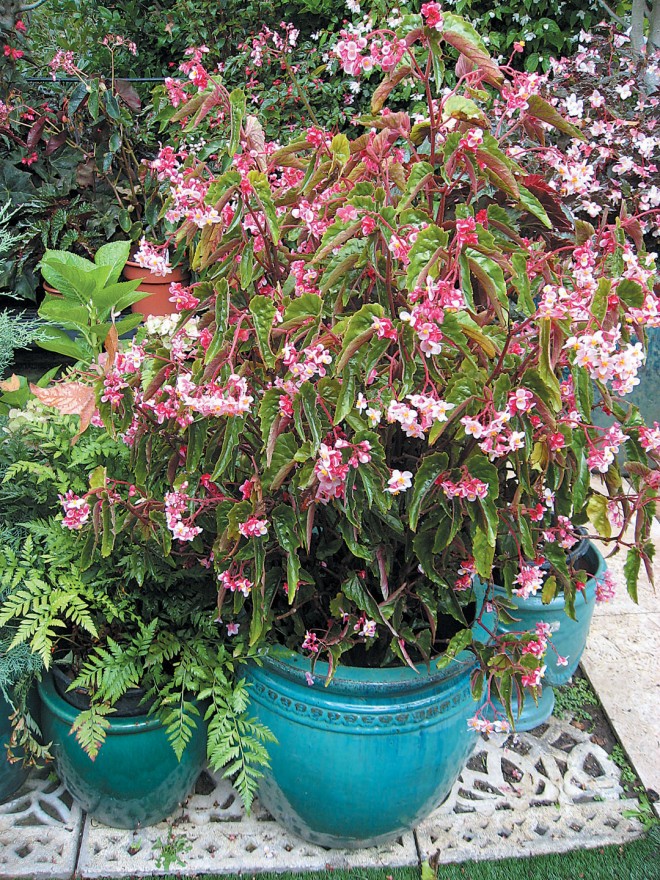
Shrub-like
Showing genuine promise are Begonia ‘Ginny’ and ‘Darlene Fuentes’ (USDA zone 8). Both of these grow like small shrubs, with long, narrow, fuzzy green leaves. ‘Darlene Fuentes’ has sprays of petite, snowy white flowers. ‘Ginny’ presents a non-stop show of tawdry little flowers of a soft shell pink, adorned with hot pink hairs that cover the petals.
The similar sounding Begonia scharffiana and B. scharffii resemble each other in appearance as well, the first being the bigger of the two. Both have large, deep green, fuzzy leaves with a burgundy reverse that echoes their thick succulent stems and the long sprays of pink flowers. I have seen little winter damage in Sacramento when growing them under broad-leaved evergreens. A seemingly dead B. scharffii, thrown onto a compost heap in Portland, Oregon, came back beautifully after a particularly cold winter. Bedecked with clusters of small white flowers, B. bufoderma is similar but has thinner red stems.
Different, again, is Begonia parilis. This surprising shrub-like species (sometimes considered to be in the thick-stem group), sat neglected in a patch of English ivy. I found it, still in its pot with little soil left and having survived drought, frost, and smothering by ivy. Now one of my favorite begonias, it is not the prettiest of the bunch but has the tenacity to survive in inhospitable situations. The papery brown bracts over the narrow, deep green leaves and clusters of white flowers are modestly appealing. All the begonias in the shrub-like group should be root hardy into USDA zone 8, and perhaps lower with protection.
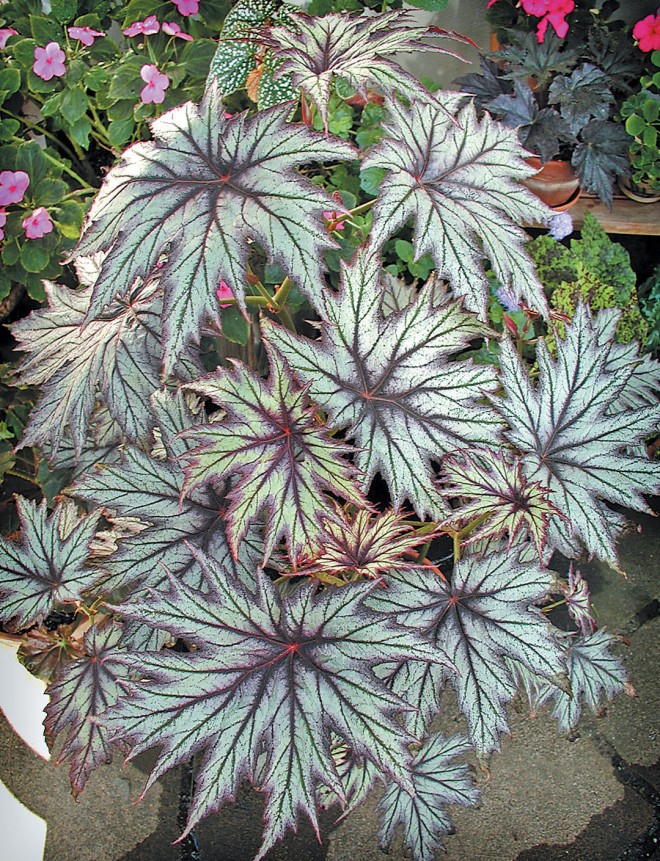
Cane-like
The cane-like begonias are distinctive for their thick, upright stems, resembling those of bamboo; some are also known as angel wing begonias, because their leaves look like the folded wings of divine messengers. Begonia ‘Corallina de Lucerna’ (also known as ‘Lucerna’) was introduced in the Victorian era and has been in cultivation ever since. It is one of the larger growing hybrids, usually reaching over eight feet tall when happy. The leaves remind me of the shape of the African continent more than an angel’s wings. The little sliver spots on the leaves and the trusses of pink flowers catch everyone’s attention. I have not tried it in my own garden, but I have been told that folks here in Sacramento have grown it outside for years, close to their homes where it benefits from a little extra winter warmth (perhaps to USDA zone 8).
When adding these exotic beauties to your garden, place them in situations that receive cool early morning light and no hot afternoon sun; areas in shade or with dappled light throughout the day are even better. The soil should be rich in humus and well drained, with no water sitting around the roots. During the growing season, it is important not to let begonias dry out completely for an extended period, as this may stunt their growth and significantly reduce flowering. They will, of course, die down with the first frosts of autumn, but, with proper care, they will return year after year. All of these begonias offer the potential to enhance the sophisticated garden and make your garden friends green with envy. Or, perhaps, metallic pink.
Share:
Social Media
Garden Futurist Podcast
Most Popular
Videos
Topics
Related Posts
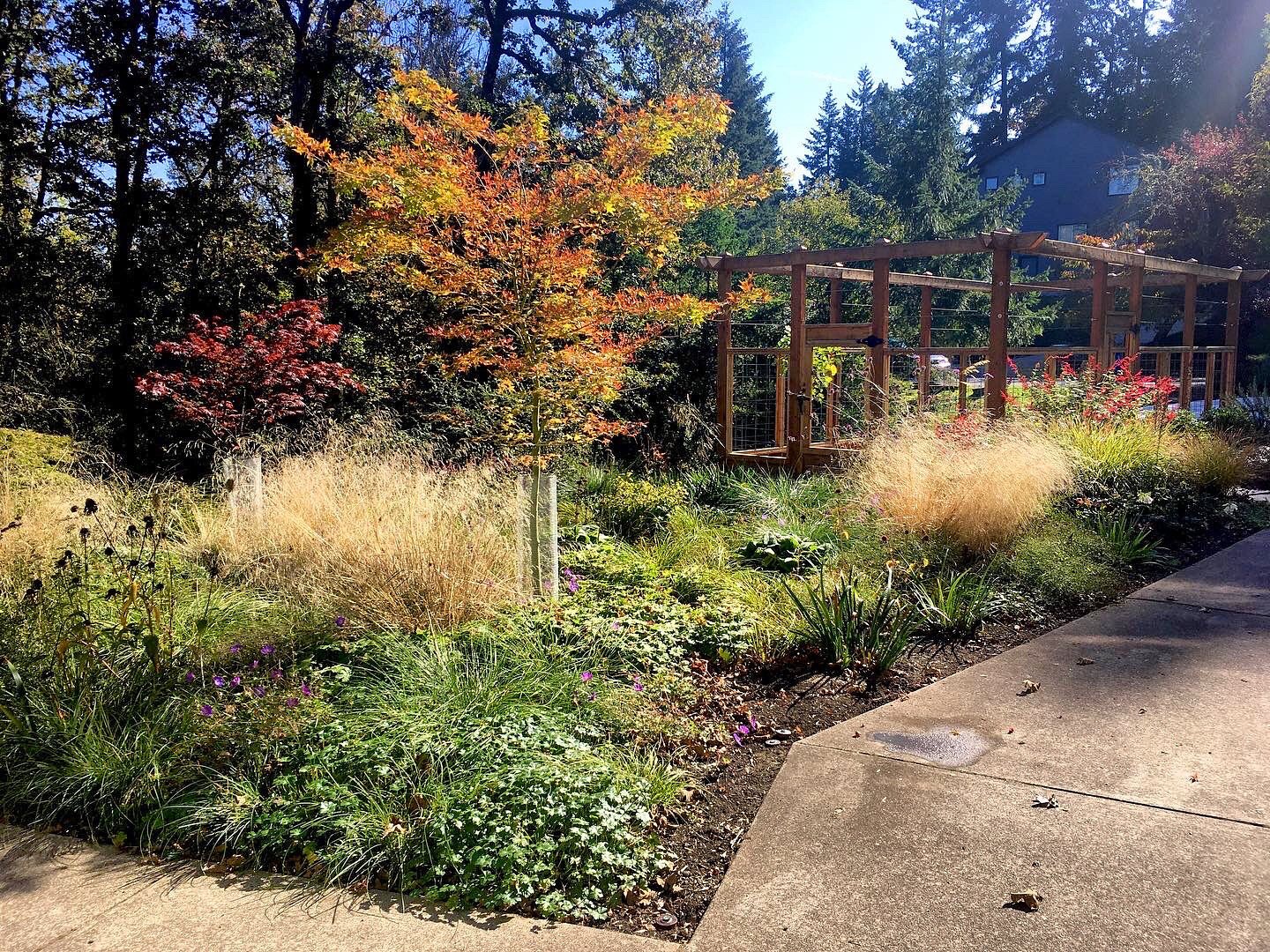
Low Maintenance Gardens – Better for Pollinators and People
Autumn 2022 “I come out every day. It’s therapy, my meditation.” Janet’s young garden transformed from overgrown, invasive plants to mostly natives. The dailiness of
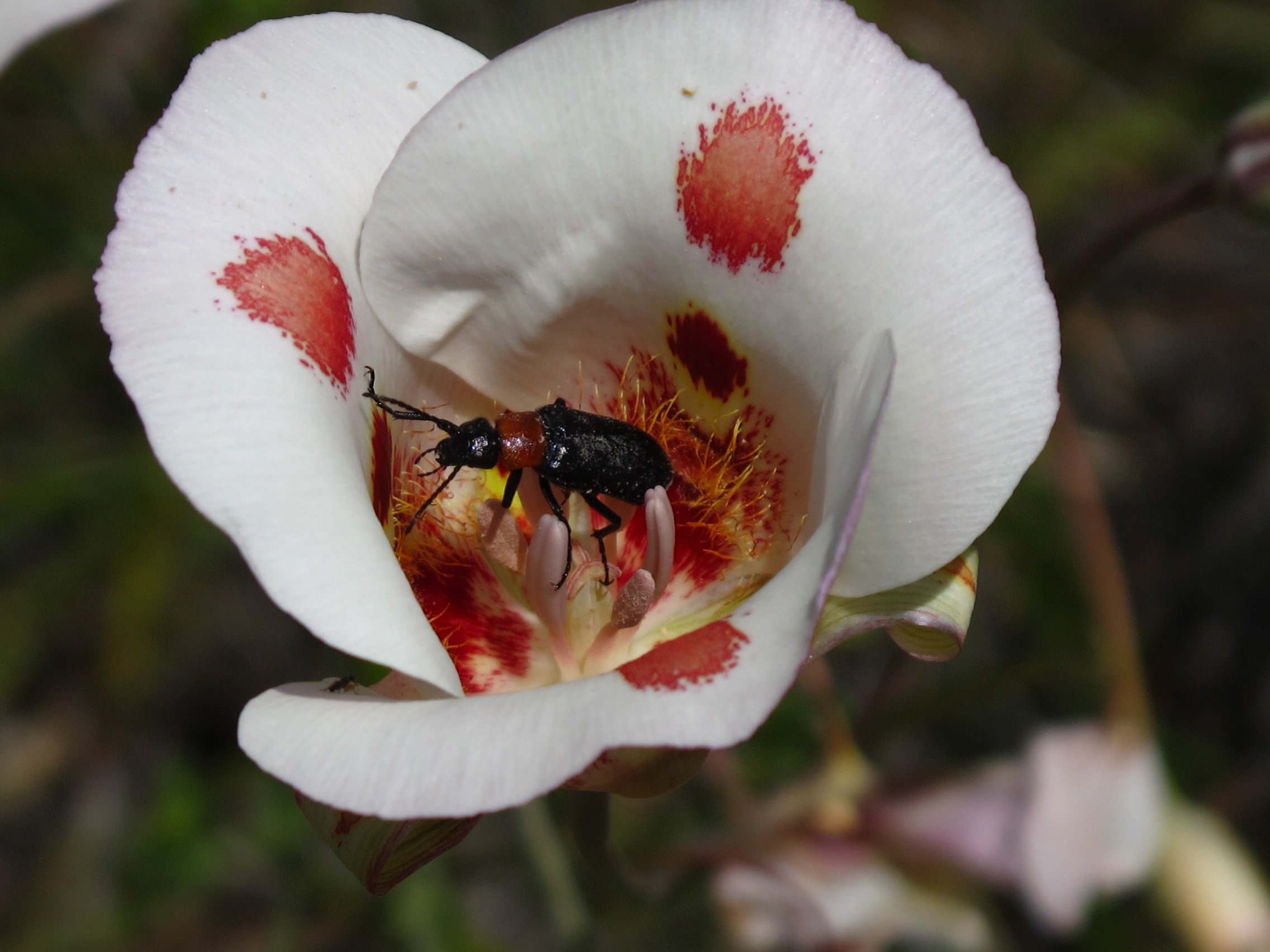
Calochortophilia: A Californian’s Love Affair with a Genus
Summer 2022 I can chart the progression of my life by Calochortus. For the last two decades, at least. As a teenage girl growing up
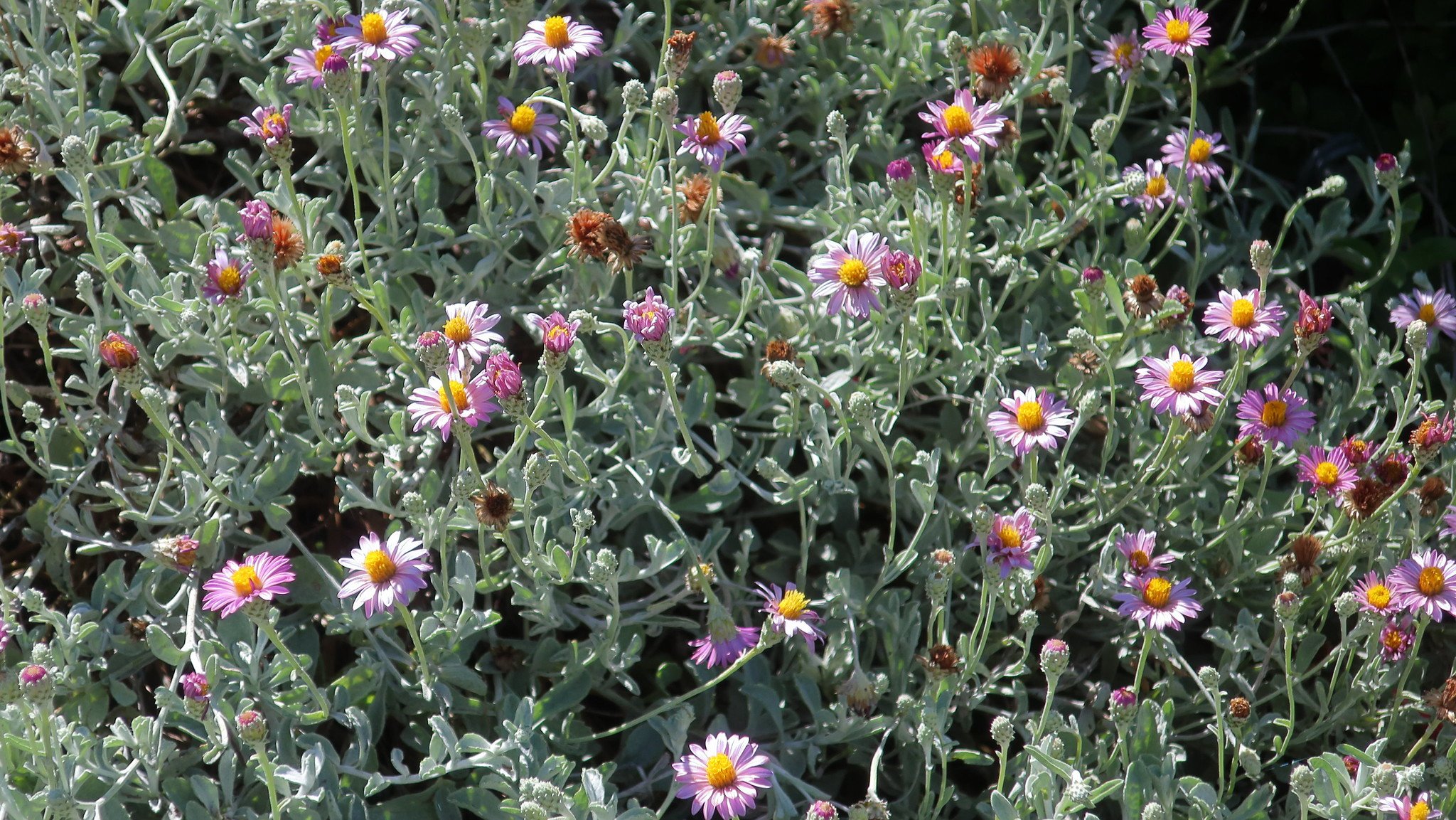
Pacific Plant People: Carol Bornstein
Spring 2022 Public gardens play a key role in demonstrating naturalistic planting design, selecting native and adapted plants for habitat, and testing techniques for reducing
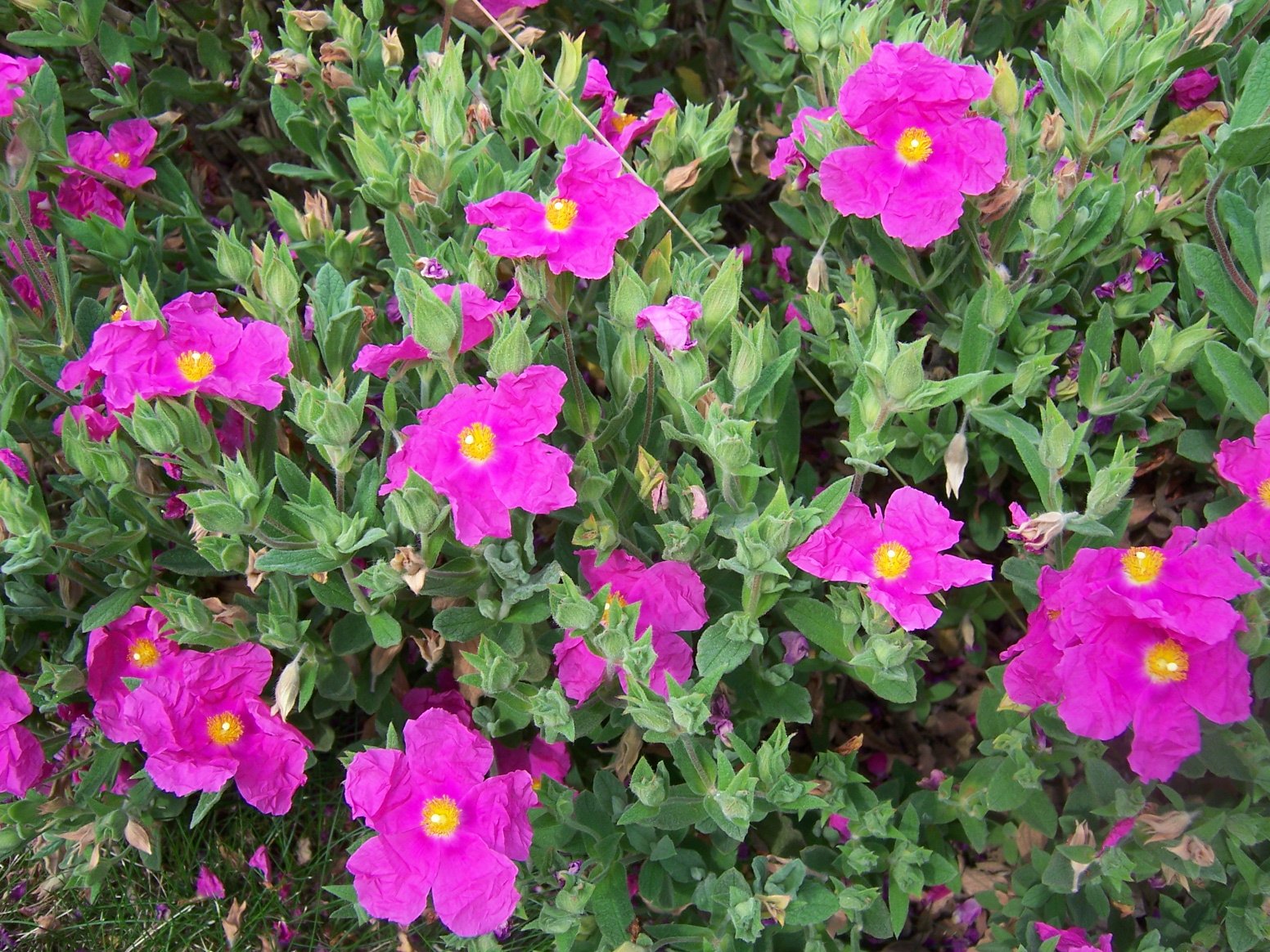
Add Year-Round Interest and Winter Blooms for Pollinators
Spring 2022 This article was created from an Interview by Merrill Jensen with Neil Bell in the Summer of 2021 for our Pacific Plant People




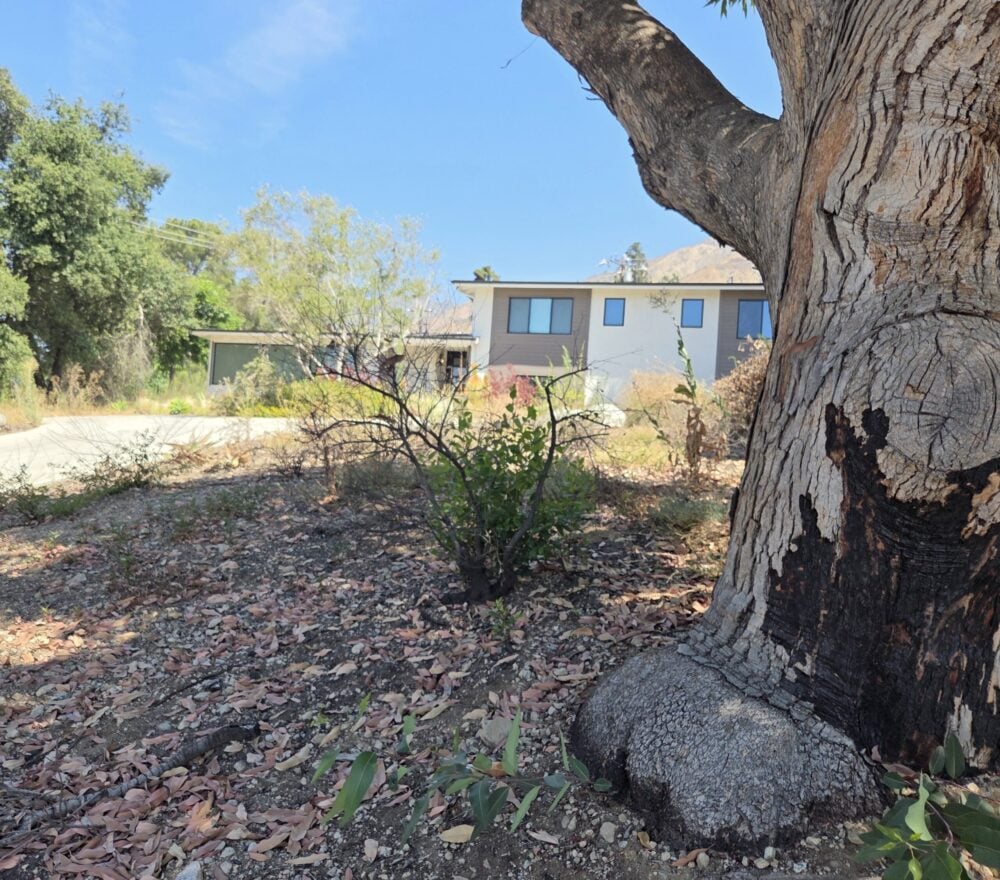
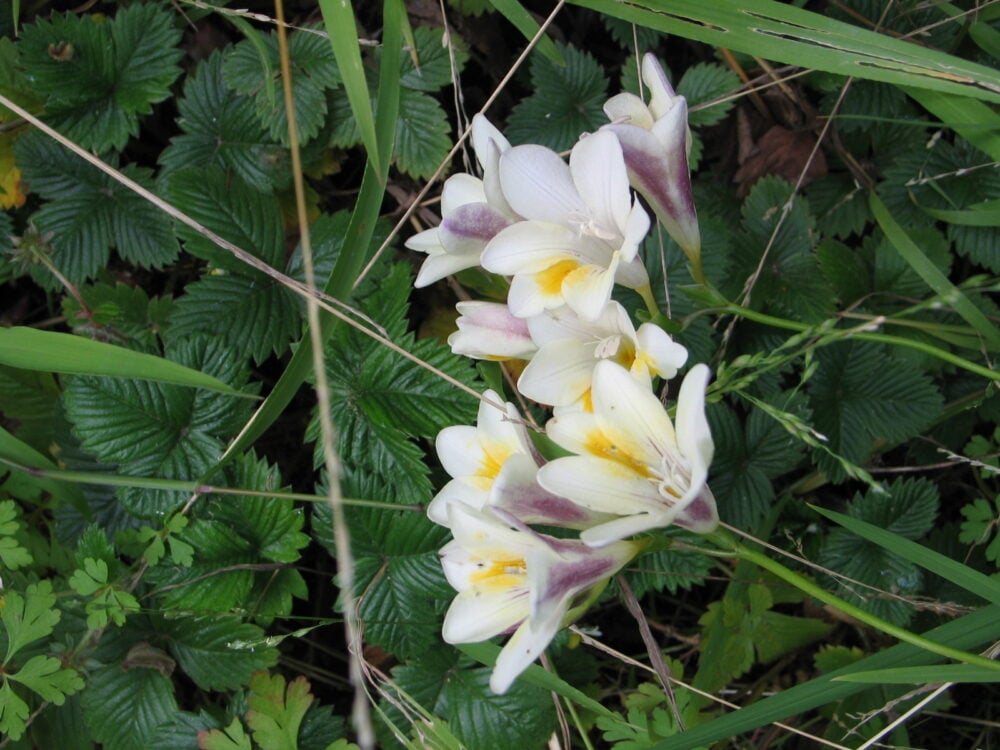
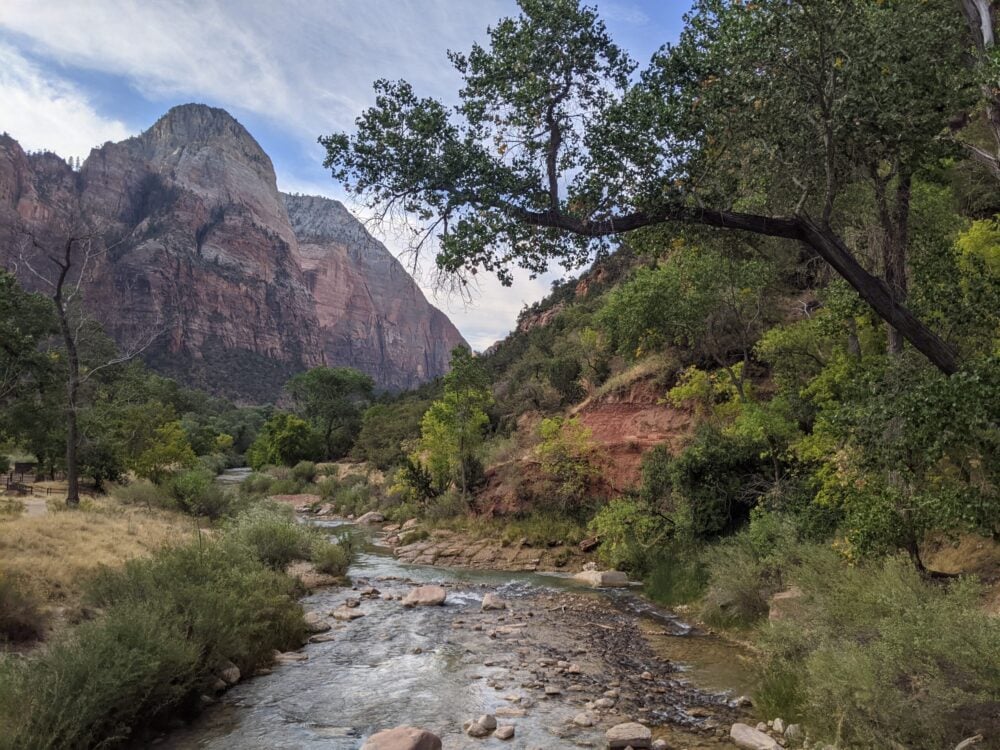



Responses